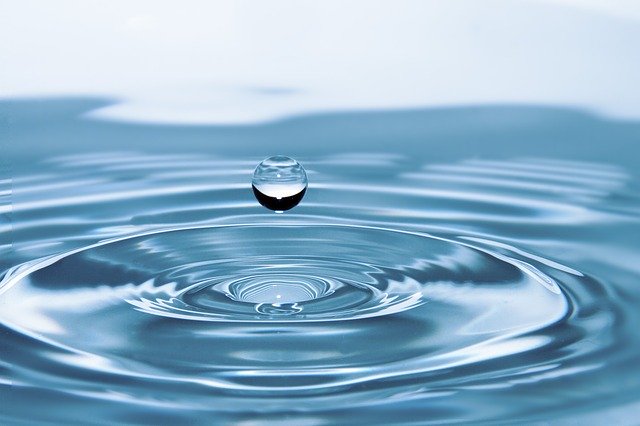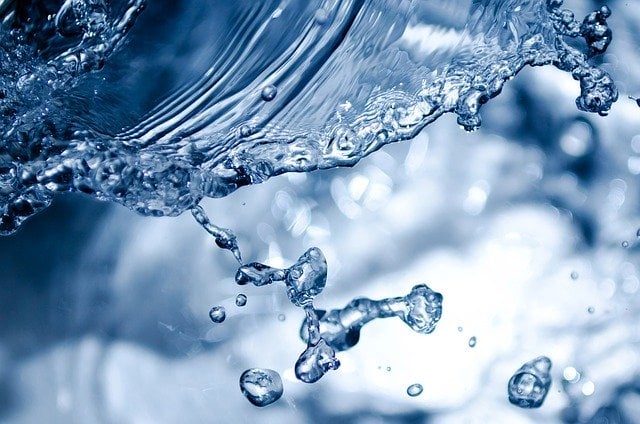
How To Recycle Water: Will It Be Safe To Use After? 💧
How To Recycle Water 💧: There is a list of things here that you did not know are recyclable, but this takes the icing on the cake. Did you know that we can recycle even our already-used water? But how is the process done, exactly? And can we consider it safe to use? Read on to learn more.
>Download Now: Free PDF Business Owners Guide To Commingled Recycling Bin Services
A bit about Waster
Before I discuss how we can recycle water, let me share with you more information about Waster.
We here at Waster provide you with innovative solutions for your and your business’s waste management and recycling needs. Furthermore, we provide flexible, 30-day contracts instead of the typical lock-in contracts, which proves to be better.
Click on the blue button to learn more.
READ: Can You Recycle Pyrex Glass? 🥛
Recycle water to conserve natural resources
Water is growing scarcer by the minute. According to Riverina Water, on average, water utilisation varies from place to place in Australia. In coastal areas, one person consumes approximately 100 litres. In the cities, more than 800 litres of water is consumed per person. This only involves household water consumption; it still does not factor in water used by different establishments, workplaces, communities, and others. Furthermore, there are many factors in our high water usage all across Australia, as well as in other parts of the world. This includes factors like:
- Increasing population
- More places becoming more urbanised
- Climate change
As a result of all these, we need to come up with ways how to conserve our depleting water supply. One way we could do this is by treating, reusing, and repurposing the already-used water. See our blog on how to recycle plastic in Australia, another important topic you must read!

Why we need water recycling
Aside from conserving our water supply, we can also find other benefits in recycling water. The benefits include:
- Reducing pollution – obviously, contaminated water equals water pollution. By treating and recycling water, we ensure that we reduce – or even better, remove – pollution in our environment. We will never have to worry about where we will dispose of wastewater; instead, we can utilise them in all kinds of applications.
- Saving wildlife – using recycled water reduces our need to use wildlife’s water resources. As a result, this helps the plants and animals that depend on that body of water located in the area.
How water recycling works and how to use it
What is recycled water? Or what is water recycling? These are the questions that arise when you try to read this blog. Basically, water recycling means recovering usable, safe water from wastewater. Recycled water can either be potable (drinkable) or non-potable (undrinkable). Additionally, you can extract it from many different sources. The sources include:
- Sewage water – also called effluent, is wastewater from people within a community. It is collected in a sewage system underground. This type of water is first brought to a facility that treats it, called a sewage treatment plant (STP). Recycled sewage water can be used for landscaping, agriculture, toilet flushing, and others.
- Greywater – this type of water is “clean” waste coming from a washing machine, laundry, bath, sink, and others. What I mean by “clean” waste is that it is relatively clean – i.e., it has not come in contact with waste like feces and urine. It may also contain traces of grease, food, cleaning products, or the like. With proper treatment, the best way to recycle greywater is to use it to make its way to water plants and trees. Conversely, you should avoid directing it to rivers, lakes, or other bodies of water as it can become a pollutant for them. Greywater recycling is relatively safer than recycling sewage water.
- Stormwater – basically, we harvest rainwater from stormwater drainage systems. Unlike the ones I previously mentioned, stormwater can be stored. It is treated carefully so it is safe for reuse. They are non-potable, so they are mainly used for irrigation, city applications, and maintenance of the landscape. But it can also be used to recharge groundwater; with proper treatment, it can become potable water.
What about potable recycled water?
In some parts of Australia, people already embraced the idea of using recycled water for potable purposes. An example stated by Cool Australia says:
Penrith discharges treated wastewater into the Nepean River, while this water is then used by the North Richmond water treatment plant to treat and deliver it to the community in the Hawkesbury region.
But people will find it still quite unacceptable to drink recycled water because they might think the water is still contaminated; it leads them to think that no amount of treatment can make it potable. One way or another, we will have to get used to drinking recycled water in the future, as stated by an ABC news article.
The problem with recycling water
You can find many challenges in recycling water. First of all: the costs of producing recycled water. As I have mentioned above, facilities treating different kinds of wastewater utilise machinery which we can consider expensive. Additionally, recycling water also exhausts so many natural resources, so one can think that it is not worth it.
Additionally, not everyone wants to use recycled water, as I have already mentioned above. Why is that? Well… many people may think that using water that came from sewers or greywater – albeit treated – is disgusting. They are uninformed of the benefits of using recycled water.
Recycled water restrictions
Do water restrictions apply to recycled water? The answer: no. What does that mean? It means that you can use recycled water anytime you want. But keep in mind that it is also good to use even recycled water with utmost efficiency at all
How to recycle water: conclusion
We can all conclude that water recycling in Australia is prevalent. Additionally, it is also a safe way to reuse various types of water because of the many Australian facilities’ advanced technology to treat it. With net positives also come the negatives; there are still issues that surround recycling water.
Waster: things you need to know
If you’re looking for recycling bins, check our waste recycling shop and find the best deals in terms of pricing and services.
Also, please call 1300 WASTER (1300 927 837), or email us at enquiries@waster.com.au if you have any further questions.
Leave a Reply Cancel reply

Product categories
Most Popular Posts
-
Commercial Waste Management Services: Reduce Waste Collection Costs! 🚍
-
Medical Waste Disposal: Everything You Need To Find Out In 2024! 💉
-
Rubbish Removal Sydney 2024: Better Bin Collections For Business ✅
-
Clinical Waste Disposal 2024: What To Know About Business Clinical Waste ⚕️
-
Secure Document Destruction 2024: All About Security Bins Shredding 🔒
-
Free Cardboard Recycling 2024: Can I Get Free Cardboard Collection? 📦
-
Confidential Paper Disposal Bins 2024: What You Need To Know About Shredding! 🔒
-
Recycling Bins Australia 2024: Recycling Can Boost Your Profits! ♲
-
Commercial Wheelie Bin Collection: What Businesses Need To Know In 2024 🗑️
-
Commingled Recycling 2024: Why Commingled Bin Is Key To Recycling 🍾













